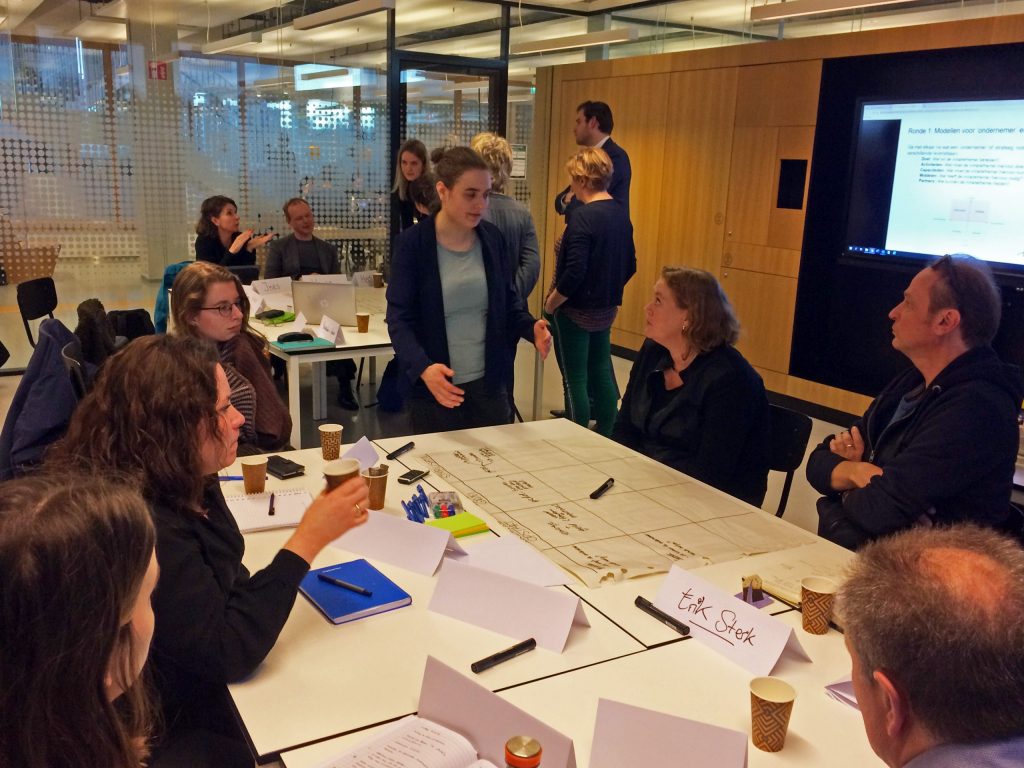Policy Lab for Germany and the Netherlands: The New Leipzig Charter and its Relevance for Cities
The Hague (virtual), 15 December 2021
Joint organisers: German Federal Ministry of the Interior, Building and Community and the Dutch Ministry of the Interior and Kingdom Relations
This EUKN Policy Lab will explore the relevance of the New Leipzig Charter for cities, focusing on how German and Dutch cities deal with potential dilemmas related to two elements in the Charter: urban governance to ensure the common good and digitalisation. These aspects are more relevant than ever in the context of global challenges such as climate change and the COVID-19 pandemic.
The Policy Lab has three main objectives:
- Exploring sustainable urban development for and with cities, as called for and supported by the New Leipzig Charter and the Urban Agenda for the EU
- Discussing the various elements of the New Leipzig Charter and how they become manifest in local approaches to ensuring the common good and digitalisation in the wake of the coronavirus pandemic
- Allowing knowledge exchange and peer learning between cities and citizens, with a particular focus on German-Dutch city partnerships and networks
More articles

Laura Polverari on… the Key Role of EU Cohesion Policy in Urban Policymaki...
Laura Polverari on… the ...
Laura Polverari on… the Key Role of EU Cohesion Policy in Urban Policymaking
Laura Polverari discusses her research on EU Cohesion Policy, how the current framework works at various levels of government, and new challenges presented by changes to the EU's fiscal rules.

Geert Brinkman on… embracing complexity through design...
Geert Brinkman on… embra...
Geert Brinkman on… embracing complexity through design
Geert Brinkman elaborates on the value of design as a tool to enhance the problem-solving capacity of public organizations, face complexity and respond to the wicked problems of our time.

Nicola Bellini on… sustainable urban tourism...
Nicola Bellini on… susta...
Nicola Bellini on… sustainable urban tourism
Prof. Nicola Bellini, expert in charge of the ex-ante assessment of the Sustainable Tourism thematic area under the Urban Agenda for the EU, talks about cities' role in sustainable tourism and more